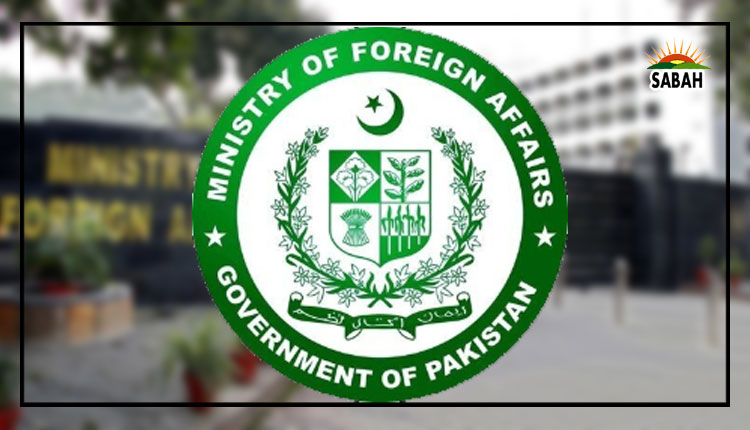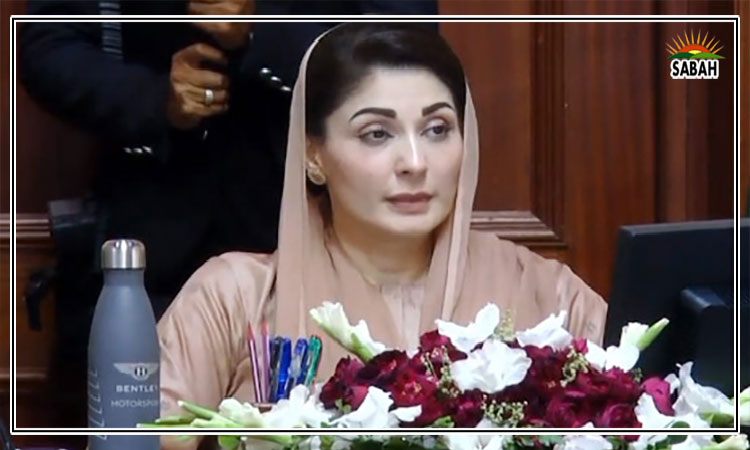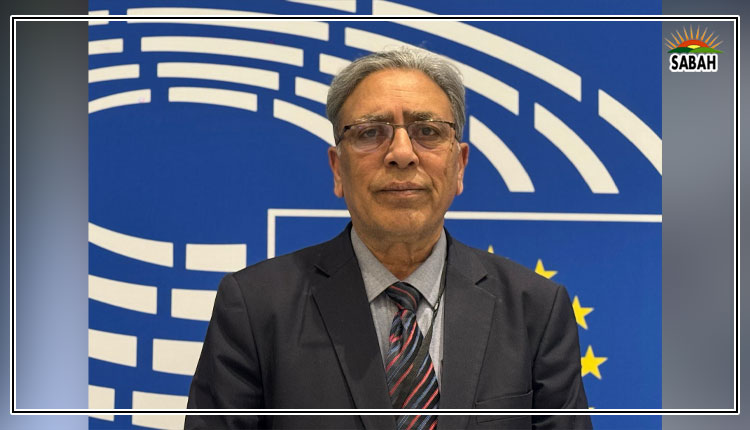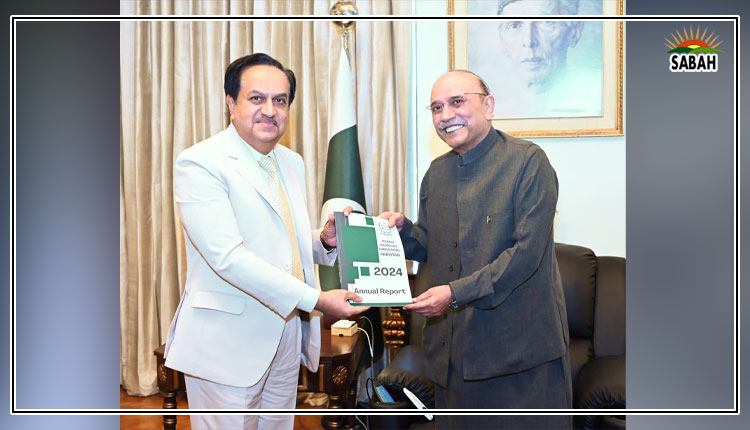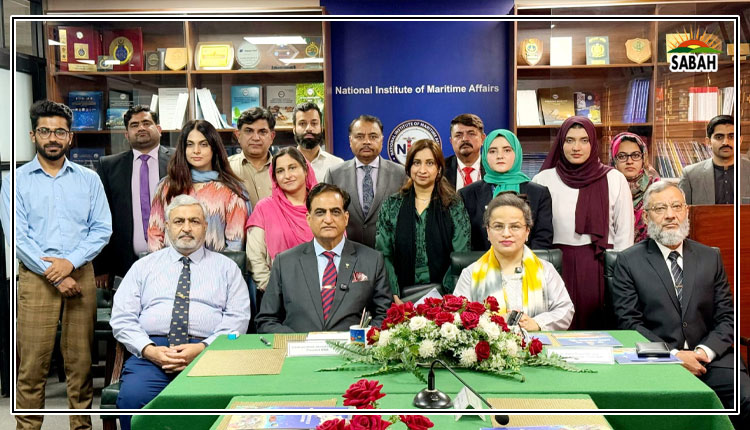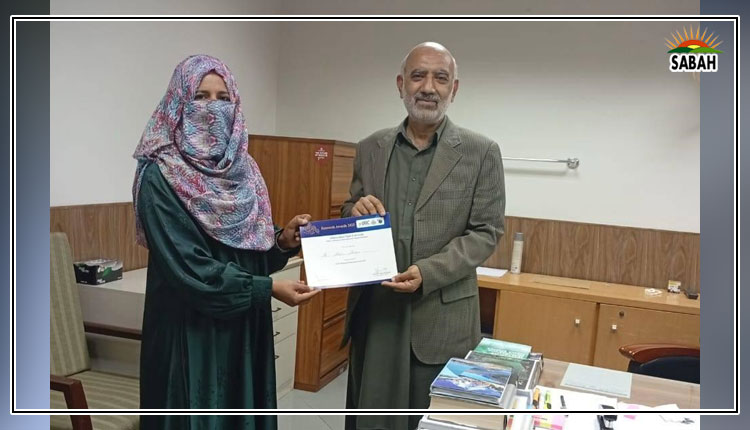Privatize SOEs, please ….Sardar Ahmad Nawaz Sukhera
Nobody can deny the economic and financial turmoil Pakistan currently finds itself in. Yet, the countrys decision-makers are shy of taking hard decisions to stabilize the troubled economy.
One policy option available to policymakers is to take an in-principle decision to get the government out of any business for which a competitive market exists. This would save the government over Rs1,000 billion annually which our State-Owned Enterprises (SOEs) are losing, besides ushering in economic efficiencies. One only has to look at the privatized banks or the growth of the telecom sector after privatization of PTC as evidence for this. However, this policy option isnt being exercised.
History is witness to the failure of each successive government in Pakistan to appoint the right experts on the boards of SOEs. Political compulsions, cronyism and low board fee structures are the main reasons for not attracting the best professionals. The board has to give strategic vision to the company, appoint CEOs and top management, approve plans for running the company, including restructuring if required, and hold the management accountable for its performance.
If the quality of the board is compromised, the performance of the company will reflect that too. Yet, hardly ever has a quality board been appointed by the government. Obviously, exceptions are there, but such examples are, unfortunately, an exception to the rule.
Another unfortunate fact is that seldom have the best in industry been appointed as CEOs of SOEs. Even if the government goes past political compulsions and cronyism, the best professionals are not attracted by the salary structure offered to them. MP-1 scale enables a monthly salary of about RsRs800,000 and SPPS about Rs1.5 million. Compare these emoluments to those in the competitor industries and one understands why top professionals are not spearheading the desired turnaround of these loss-making enterprises, which in most cases are much bigger than their counterpart private-sector companies.
And one is not even mentioning another put-off the subsequent pressures from the political and bureaucratic bosses for favours or subsequent fears of NAB reprisals. Another alternative to hiring from the private sector often employed is placing officers from the civil or military bureaucracy as CEOs. This too has hardly ever succeeded as they are either not experts in that field or are simply cronies of the political bosses placed there on vested interest basis.
SOEs are usually constrained to adhere to the Public Procurement Regulatory Authority (PPRA) rules for all procurements of goods and services. This mostly results in the lowest quality of procurement, at a much-delayed time. How can any company compete with competitors that can procure the best quality of goods and services from the open market at the most competitive cost, and at the earliest?
A much simpler solution is to remove this constraint for the SOEs and focus only on their annual financial performance. What is procured, and how it is done, should be left to the procurement policy developed by the boards, and the boards in turn should be answerable to the government for the financial performance of the companies.
For the above-mentioned reasons, it is difficult to take seriously any promises from any political party, however well-intentioned, to restructure the SOEs and turn them around.
The role of parliament is very crucial. Whenever a serious attempt is made at privatizing a loss-making SOE, parliamentary committees quickly take up the issue on the pretext of saving national assets from being sold for pennies and to protect the employees. The record of parliament would bear out how the privatization of Pakistan International Airlines (PIA) and Pakistan Steel Mills (PSM) was filibustered at the last minute in 2015.
Perhaps, parliament needs to first decide whether SOEs are national assets or employment bureaus to hire cronies, and whether the government can continue financing SOE losses perpetually. And if it comes to the conclusion that these are national assets and that the government is not able to finance their losses and inefficiencies anymore, only then can a doable programme be devised to deal with them.
Not surprisingly, one only needs to look at the types of employees in any SOE to realize that most employees are unskilled, non-technical and non-essential, for example, peons, gardeners, drivers, clerks, etc, usually hired on the basis of political affiliation.
The Privatisation Commission Ordinance, 2000 affords several options to structure privatisation transactions. Sec 25 of the ordinance provides for: (a) sale of assets and business; (b) sale of shares through public auction or tender; (c) public offering of shares through a stock exchange; (d) management or employee buyouts by management or employees of a state owned enterprise; and (e) lease, management or concession contracts, etc.
If the government or parliament feel that employees are more important than the entity, then perhaps the Privatisation Commission can be directed to prepare a transaction structure to enable an employees buyout as a first option, and if that fails to materialize only then to go for the other modes. But continuing with massive losses and not doing anything about it is certainly not a policy option anymore.
Privatizing for the sake of generating money is not the best reason for selling off these state assets. However, increasing profitability of the already profitable ones and stopping the bleeding of those in loss is certainly a better reason. Either way, economic efficiency gains would accrue to the economy, if privatization were done in a fair and transparent manner.
A country steeped in debt and in a financial quagmire cant afford to delay immediate corrective actions, like privatizing the big loss-makers like PIA, PSM and the five DISCOs. However, the rot will stem only if the government decides that it wont be in the business of doing business in every sector for which a competitive market exists.
One wonders if there would be any difference in the lives of an ordinary citizen if the government doesnt run PTV, Radio Pakistan, PIA, PSM, make cement or even cornflakes. Wouldnt the insurance sector be better off with the privatization of the State Life Insurance Corporation, and many more SOEs like it? Wouldnt the depth of the stock market improve if it were done? Shouldnt the money saved from the SOE losses be used for debt retirement and poverty alleviation? Will the political parties commit to where they stand on the subject through their election agendas?
The writer is a retired civil servant. He tweets @ansukhera
And can be reached at: ansukhera@gmail.com
Courtesy The News


